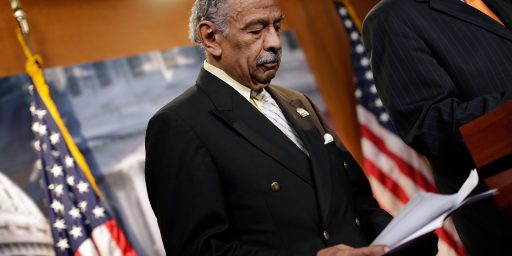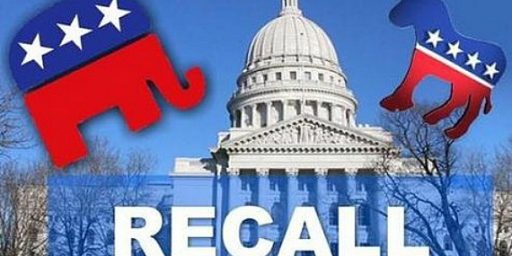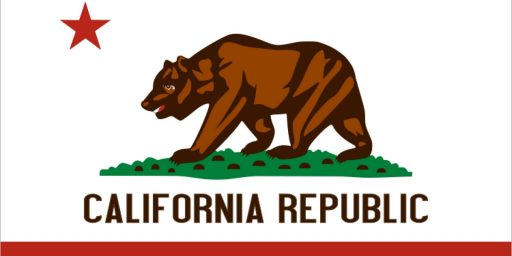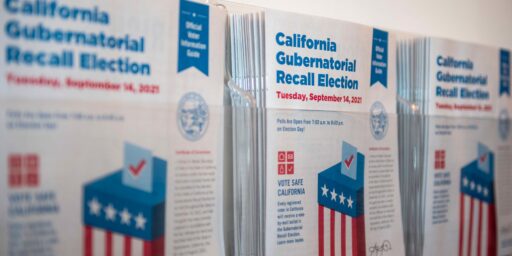RECALL PROCESS UNCONSITUTIONAL?
FindLaw has an interesting article noting that the California recall election may be unconstitutional according to US Supreme Court precedent. The authors discuss several potential avenues for litigation. Two interest me:
What if the Governor Has More Votes Than the Recall Election Winner? *** For example, suppose that 49% of the voters favor keeping Davis, but he is recalled because more than 50% vote against him. Suppose further that there are successor candidates on the ballot, and that the leading vote getter among them – call him candidate A (for Arnold?) – gets only 10% of the successor vote. Can it be that a candidate with 10% support will oust a governor with 49% support?
If so, could this result be squared with the venerable constitutional principle of one-person-one-vote, where everyone’s vote is supposed to be counted equally? And what about Bush v. Gore, in which the U.S. Supreme Court reaffirmed that the Equal Protection Clause of the Fourteenth Amendment requires that each voter’s ballot be treated similarly to all others’?
These are non-frivolous questions. In the end, though, we think that there is no federal constitutional equality problem with a 10% candidate beating a 49% governor.
The key lies in the fact that the governor is not eligible to be a candidate once he is recalled. In effect, the disqualification of recalled officials in California’s constitution acts like a Term limit – it prevents someone from running, even if he has popular (or the most) support.
If Term limits are permissible at the state executive level (and they are), then there is no problem with invoking them here to prevent Davis from filling the vacancy his recall creates. So we are left with candidate A, who is the leading vote getter among the legitimate candidates. And there is nothing wrong with giving an election to the leading vote getter, even if the field is so large that the winner has a relatively small percentage of the vote. (We do it all the time in primaries.)
Intriguing.
They believe a key provision is likely to be held unconstitutional:
Section 11382 provides that “No vote cast in the recall election shall be counted for any candidate unless the voter also voted for or against the recall of the officer sought to be recalled.” Put simply, this requirement conditions the right to vote for a successor to a recalled official on the voter’s willingness to weigh in on the recall itself, by voting for or against the recall measure. But what if the voter’s ideological preference was to abstain from voting on that issue?
That’s where ACLF become relevant once again. Recall that ACLF held that Colorado could not constitutionally burden participation in political conversations by conditioning signature gathering for initiative petitions on an individual’s registration as a voter. By the same logic, courts may well hold that California may not constitutionally condition the right to vote on an individual’s prior voting history.
Hmm. This could get very, very interesting.
(Hat tip: Howard Bashman)





